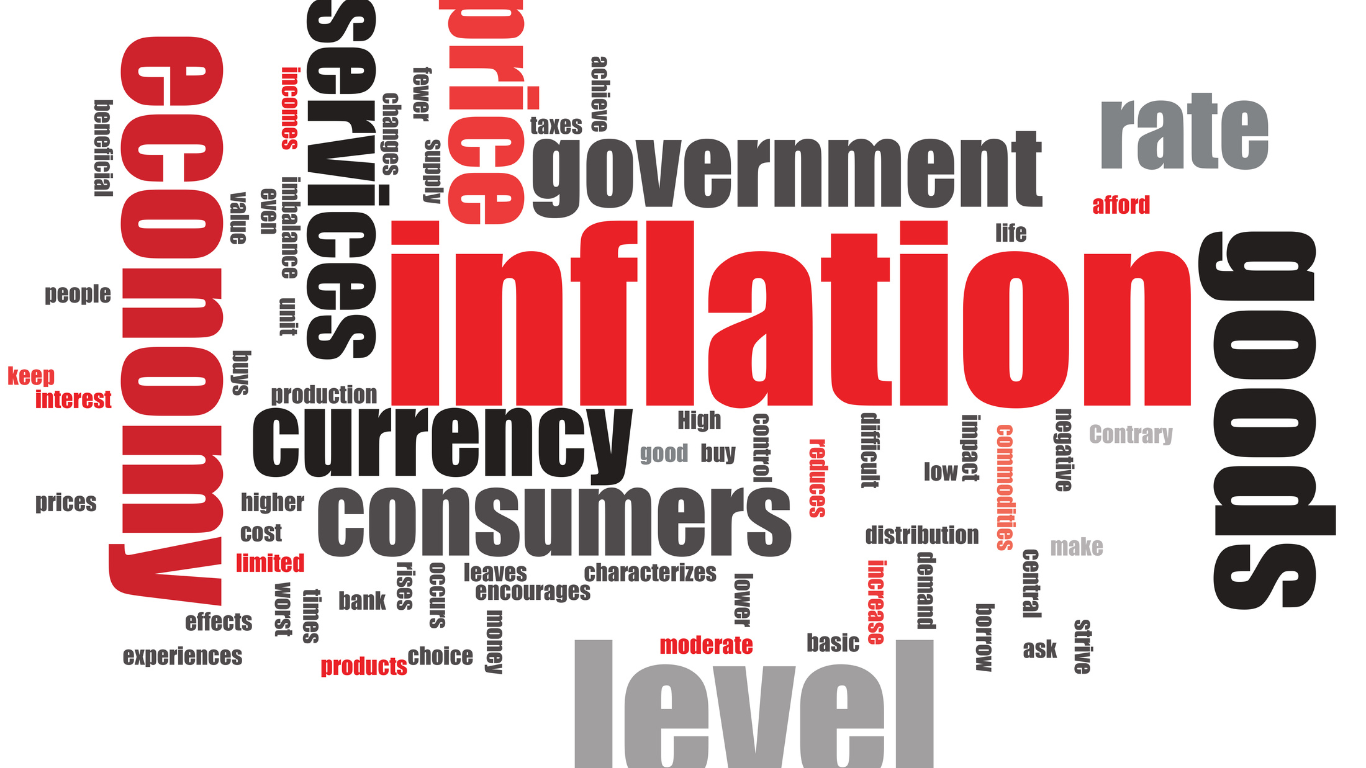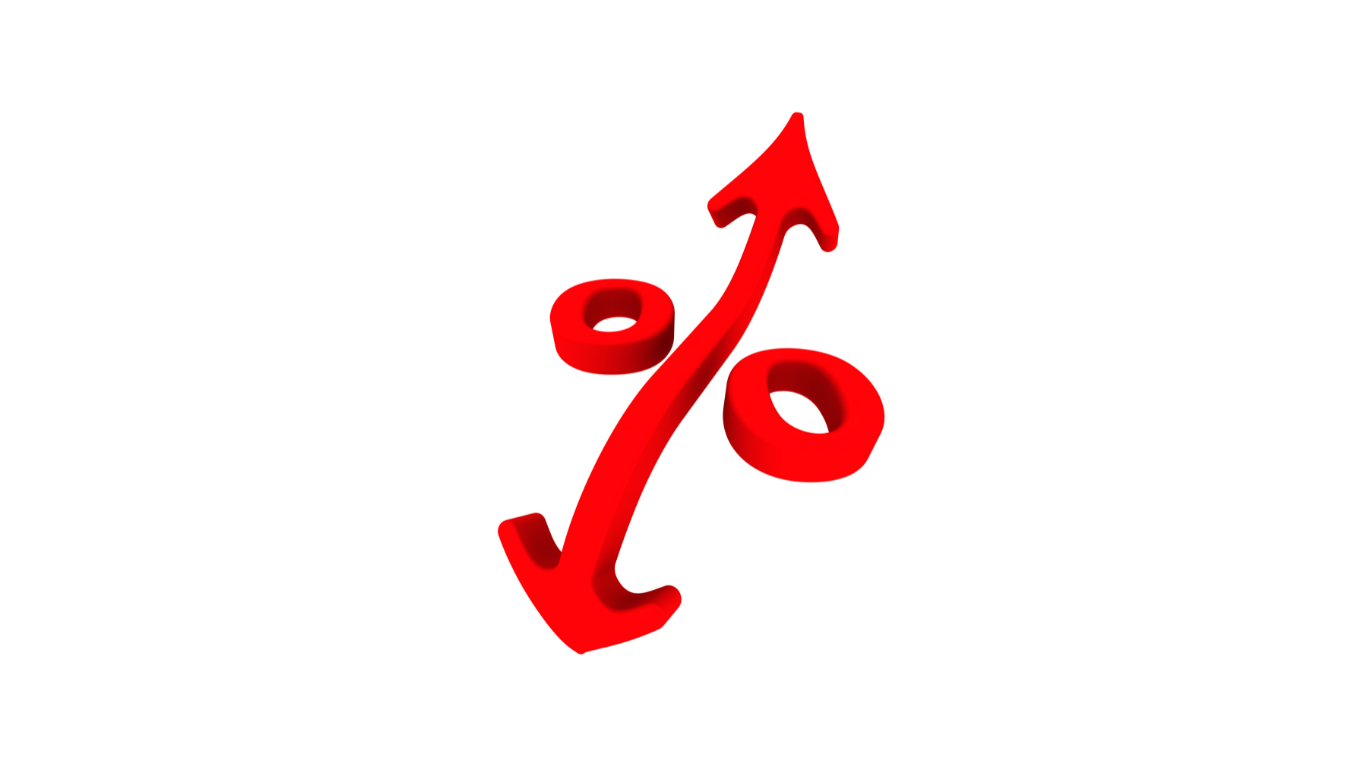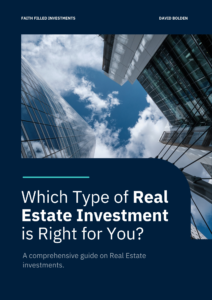November 12, 2023

Inflation Impacts on Investing
Inflation can have both positive and negative impacts on the commercial and residential real estate market, depending on the specific circumstances and the rate of inflation. Throughout the years, inflation has shown its impact on the operating costs of commercial properties, including office buildings, retail spaces, industrial and multifamily properties. Higher operating costs can influence rental rates and profitability for property owners and tenants.
Here are some of the key ways inflation can affect the commercial and residential real estate sectors and tips to avoid the negatives:

Positive Impacts
Asset Appreciation
Inflation can lead to the appreciation of real estate assets. As the general price level rises, the value of commercial properties tends to increase, which can be beneficial for property owners and investors. Real estate is often seen as a long-term investment, and during times of moderate inflation, it can provide a hedge against the devaluation of currency. Property values can appreciate over time, potentially outpacing the rate of inflation. The same holds true for residential properties located in growing markets.
Rental Income Growth
Inflation often leads to higher rental rates. As the cost of living increases, property owners can charge higher rents, potentially resulting in increased rental income for commercial real estate investors (positive for the investor). Home ownership becomes harder for first time home buyers to afford, causing many first time home buyers to sit on the sidelines waiting for interest rates to decline or for home prices to drop (negative for the renter).
Debt Leverage
In an inflationary environment, the real value of debt decreases over time. This can be advantageous for property owners with existing mortgages, as they effectively repay their loans with "cheaper" dollars. It can also encourage real estate investment through the use of leverage.

Negative Impacts
Financing Costs and Reduced Purchasing Power
Rising inflation can lead to higher interest rates, which can increase borrowing costs for commercial real estate investors. When prices rise rapidly, consumers buy less with the same amount of money. This can make financing more expensive, potentially reducing the attractiveness of new investments.
The National average for a mortgage at the time of this post creation sets around 7.5 - % for a 30 year fixed rate. Per. Bankrate, Rocket Mortgage and Wells Fargo.
Commercial loan rates: Commercial Loan Direct.
Higher Construction Costs
As inflation increases the prices of materials, labor, and other construction-related expenses, the cost of building new properties also rises. This can lead to increased home prices and reduced new construction. In time, this may affect the supply of housing in certain markets.
Renters' and Tenants' Budgets
High inflation can put pressure on renters and tenants, as they may struggle to keep up with increasing rental costs. This can lead to higher vacancy rates and make it more challenging for landlords to maintain stable income streams.

Uncertainty
Rapid and unpredictable inflation can create economic uncertainty. Businesses may struggle to plan for the future because they cannot predict their costs or future price levels, making investment and long-term planning more challenging. Many savvy investors that poses a bullish mindset, enjoy finding deals in markets that cause less savvy investors to become bearish.
Income Inequality
Inflation can affect different groups of people unequally. Those with assets that can keep pace with or outpace inflation (e.g., real estate or stocks) may benefit, while those with fixed incomes or low-wage workers may suffer, leading to increased income inequality.
Property Valuation Challenges
In an inflationary environment, valuing commercial properties becomes more complex. Appraisers and investors need to consider the impact of changing inflation rates on the property's income, expenses, and capitalization rates, which can make it more challenging to determine accurate property values. The same holds true for residential properties, in high-demand markets, where homes listed on the MLS frequently attract buyers who bid above the appraised values, surpassing the median market value.
Reduced Economic Growth
Excessive inflation can harm economic growth. When inflation is too high, businesses and consumers may delay spending and investing, fearing that their money will lose value rapidly. This can lead to reduced economic activity.
Hyperinflation
In extreme cases, hyperinflation can occur, which is a very rapid and uncontrollable increase in prices. This can lead to the breakdown of an economy, as the value of the currency becomes virtually worthless.
Bursting Bubbles
Quickly rising prices in the real estate sector can lead to property bubbles, just like in previous cycles. Furthermore, when the market becomes too hot and driven by speculation, it can result in a subsequent market correction if inflation cools down or interest rates rise significantly. In addition, in cases where a particular market isn't facing a shortage of properties, inflation tends to slow down growth and might even cause property values to drop.

In general, the effect of inflation on real estate can differ based on the inflation rate, the particular real estate market, and government policies. For instance, moderate inflation can offer advantages to real estate investors. On the other hand, when inflation is extremely high or reaches hyperinflation, it can bring uncertainties and risks into the market. Therefore, it's important for investors and property owners to thoughtfully assess how inflation might influence their investments and create strategies to reduce potential risks while taking advantage of possible opportunities.
To address inflation problems, central banks often use monetary policy tools like raising interest rates, reducing the money supply, or adjusting reserve requirements. These measures aim to control inflation and maintain price stability in the economy. However, the effectiveness of these policies depends on the specific causes and nature of the inflation.
Tips
- Timing and Researching the Market:
♦ Monitor interest rates, as they can affect affordability and demand.
♦ Consider investing in areas with lower historical price appreciation if you're concerned about high inflation rates.
♦ Stay informed about local and national real estate market trends.
- Buy Undervalued Properties:
♦ Look for properties that are undervalued or in areas that are less affected by inflation.
♦ Consider distressed properties or areas with potential for future development.
- Negotiate Prices:
♦ Negotiate effectively when purchasing real estate.
♦ Use market data to support your offers and understand the seller's motivations.
- Plan for Long-Term Holding:
♦ Instead of buying and selling quickly, plan to hold onto your properties for the long term.
♦ Over time, real estate typically appreciates in value, even considering periods of inflation.
- Consult with Experts:
♦ Seek advice from real estate professionals, financial advisors, and real estate experts who are knowledgeable about the local market.
Serving You!
If you would like assistance navigating the affects inflation has had in your market, contact us. Also, if you’re needing to know the exact location of where the money is being spent on your product before establishing your new location, we would love to help. Click on the link to contact us. https://faithfilledinvestments.com/contact-us/
Presented by David Bolden




